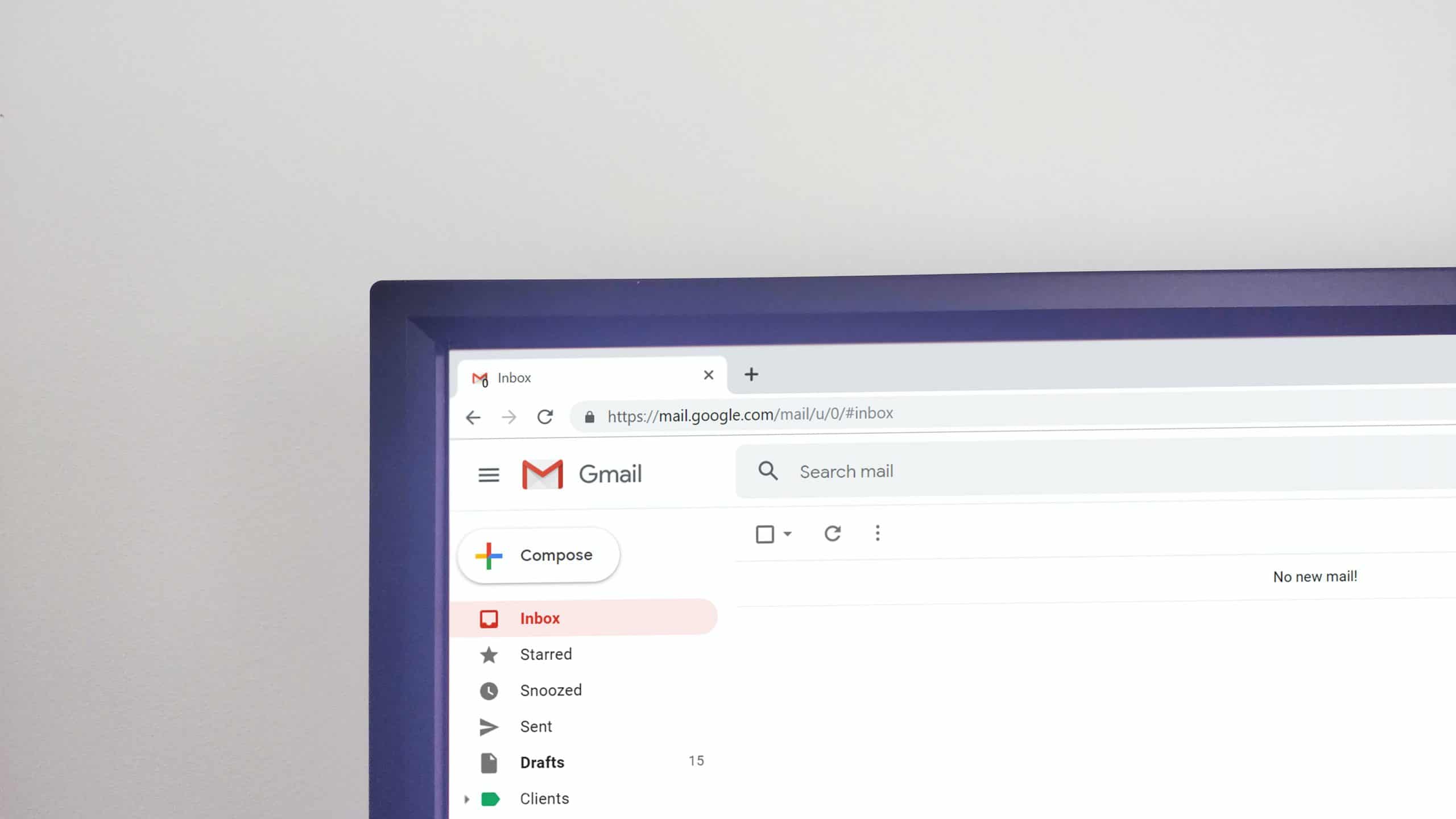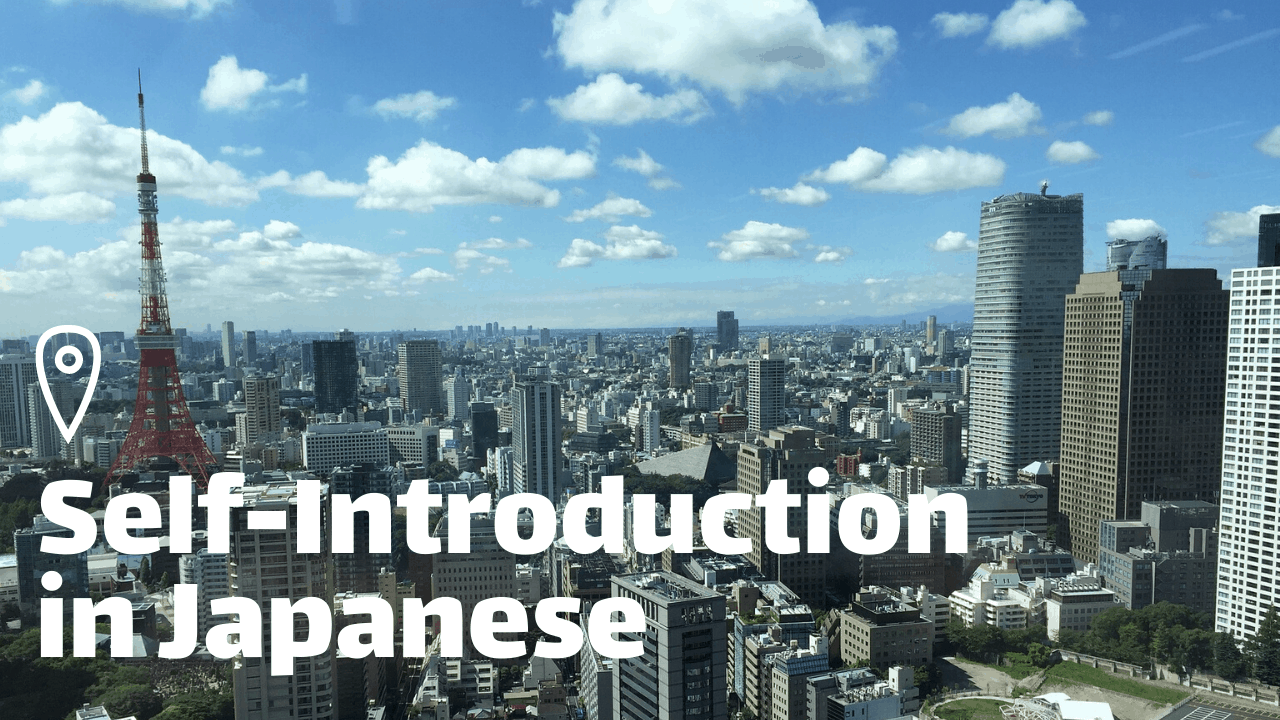What’s “Small Talk” in Japanese? You can use the English word “Small Talk (スモールトーク) in Japanese, too. Or you could also say “Zatsudan” = 雑談(ざつだん) or “Sekenbanashi” = 世間話(せけんばなし). “Zatsudan” and “Sekenbanashi” are basically a short conversation you are gonna make with somebody, and topics are usually about “weather” or “how was your weekend” stuff. So same as small talk.
In the previous blog, we have introduced casual small talk. This time you will learn how you can approach small talks in Japanese like a native speaker on business occasions with your colleagues or boss, in addition to that you will find tips about techniques and questions that are especially liked by those people and how you can make your small talk attractive with examples in Japanese and English. We promise. If you start using those skills highlighted today, your relationship will be dramatically changed right from tomorrow.
And references of the techniques we will highlight today are a book written by a successful Japanese salesperson who provides seminar and school about communication, and a video of a very famous Japanese comedian (both only in Japanese). Addition to that, we have created examples of small talks and summarized it for non-Japanese native speakers.
Small Talk in Japanese with colleague: Tips and Examples
Before we go through the all techniques and tips, let’s have a look of the ideal sequence of a small talk in Japanese:
- Start small talk
- Expand on the topic
- Listen to the interlocutor
- Spark & stimulate the small talk
- Leave a good impression
This sequence must be the same as any other language. But it is not that easy to do it even in your mother tongue. Thus, there is one characteristic you should know before you approach small talk with Japanese. That is, we tend to not talk about ourselves until we are asked. So, let’s check out the all tips and examples.
Start small talk
First rate: greeting + two sentences (ask something)
Of course, when you see someone, then you greet, then add two more sentences and ask something like below examples.
《Good example 1》
お疲れ様です!今日暑いですねえ。それにしても元気そうですけど、最近何かいいことでもあったんですか?
Hi! It is so hot recently. But you look fine, was there anything nice happened to you?
《Good example 2》
おはようございます。今日は朝早いんですね!朝活でも始めたんですか?
Good morning! You are so early today. Have you started any Asakatsu?
*Asakatsu(朝活)is morning activity
《Bad examples》
こんにちは!ご元気ですか?
Hi! How are you doing?おはようございます!最近天気悪いですねえ。
Good morning! The weather is so bad these days.
With bad examples, the answer might be just one word like “Not too bad(元気です)” or “yeah(そうですね)”. With good examples, the question is connected to the first sentence and makes your interlocutor easier to answer.
Expand on the topic
Most of you won’t have a problem when you talk with your good friends to expand on the topic and have a great chat. But we are focusing on small talks with work-colleagues. Perhaps you don’t know how deeply you can go into their private life or you are not really interested in asking them about something.
THIRD RATE : Give up to expand on the topic
MEDIOCRE RATE : Looking for common things
FIRST RATE : Looking for differences
It is lucky if you can find common hobbies or grounds easily. But in many cases, it is more difficult to find common things than differences. Do you think someone you meet in the middle of Tokyo comes from the same city as yours, likes cooking, and loves watching anime as you do? It is more likely that there are much more differences than common things.
《Good example》
埼玉に住んでらっしゃるんですか?私も以前引っ越しを考えたことがあるんですけど、埼玉に住みながらこの職場に通うってどうですか?
You live in Saitama prefecture? I used to think of moving there before. How is it like to come to the office when you live in Saitama?朝活で瞑想してるんですね!僕一切ヨガをしたことがないんですけど、何か変化ありましたか?
You do yoga in the morning! I haven’t done anything at all to be honest. Did it make any change to you?
The point is you have to show your interest. The interlocutors are your work-colleague and nothing will work negatively if you build good relationship with them. If you find differences, don’t hesitate to ask about it and learn about new things!
Compliment will definitely work to make the chat great. But there is one technique.
THIRD RATE : Give up to find compliment
MEDIOCRE RATE : You give too much effort to find a compliment and end up with your compliment sounds like buttering up which could work even negative.
FIRST RATE : Compliment before and after
プレゼンどうでした?
(How was your presentation?)
ダメだ、正直かなりいろいろ突っ込まれた。
(Not good to be honest. Pointed out quite often…)
Bad answer: そうですか。でも次頑張りましょう!
(Sorry for you. But all the best for the next time!)
Good answer: でも前のプレゼンで突っ込まれたところは修正したじゃないですか! 確実に良くなってるのは伝わってますよ!
(But you must have changed things that had been pointed out in the past. So the improvement hast o be recognized!)
If you compare the result with the one in the past, there always must be an improvement. Focus on it and compliment. This is also an indirect compliment that Japanese people prefer (introduced in a different article).
Listen to the interlocutor
If the interlocutor start talking about negative story, encourage with all your might. To ignore it or to change the topic is the worst thing you can do. To sympathize and to go along with the interlocutor is also not the best reaction. The best is only to encourage with all your might.
《Good example》
あの客の対応が本当に大変。
(That customer is really difficult to treat.)
Bad answer: 確かに。最悪ですよねあの人。
(You’re right. He is the worst.)
Good answer: いや、あの人を対応してる先輩はさすがだと思います。あそこであの返答ができるのは先輩だけです。
(I think you do really great with your correspondence to him. Only you are capable of answering like it in that situation)
Don’t forget to encourage louder. And really forget about showing sympathize etc.
Spark & stimulate the small talk
Conclusion is “to compare with something”. “let’s say…” and “If it were…” stuffs are useful.
《Example》
もし僕の国だったらあんな客はむしろ相手にされないですね。
If it were my country, such customers would not be treated as a customer.
Summary to leave a good impression
Maybe you are wondering if you ask too much questions, it would feel like an interrogation. But you don’t have to worry so much about it when talking with Japanese people. What will happen when you start talking about yourself? your interlocutor will shift to play a roll of interviewer and ask you more and more questions in order to expand on your story.
So, focus on the interlocutor, have interest of the difference and compliment before and after. If you want to know casual small talk, please read our previous article introducing casual examples in Japanese.
























